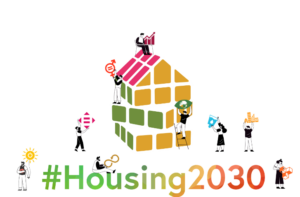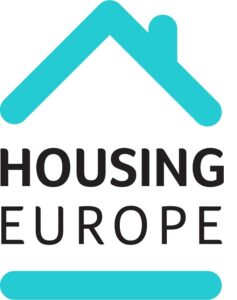From silos to systemic reform – The National Housing System strategy of Malta

Malta has recently pursued a new vision for housing policy development. Taking a culturally sensitive approach has been central to this, reflecting on new realities brought about by economic progress, migration, and new household formation trends.
Description
Malta has recently pursued a new vision for housing policy development. Taking a culturally sensitive approach has been central to this, reflecting on new realities brought about by economic progress, migration, and new household formation trends. This perspective stresses the value of social relationships in homes and neighbourhoods, as well as the importance of participatory governance to accommodate a multi-ethnic and heterogeneous population.
In August 2020, the Ministry for Social Accommodation launched its first National Housing System strategy. This followed the 2018 work of the Parliamentary Secretariat for Social Accommodation, which sought to diversify the housing market by using short, medium and long-term goals. These included private rented sector regulation, affordable housing development, and specialized housing programmes regenerating abandoned or dilapidated properties.
Actors involved
Housing Authority of Malta
Scale
National
More information
The strategy shifts away from a fragmented, bureaucratic approach and puts human well-being at the centre of housing policy and the built environment. This will be achieved through multiple housing pathways, including innovative financial initiatives, restructuring housing benefits, and security of tenure improvements. Tangible examples of specific policy reforms include:
Implementation of the Private Residential Leases Act (2020)
Building 1,700 new social housing units
Development of a financial and operational method for affordable housing
Implementation of a new housing pathway under the Sustainable Communities Fund for Specialized Housing, primarily for the benefit of vulnerable groups.
Interestingly, a “project-based” approach has been developed to accommodate the different household and family structures created by rapid social and economic change. In this process, design competitions connect and integrate the social and built environment and service-provision elements of the strategy through a two-stage process:
An open call is issued to non-governmental organizations (NGOs), community-led projects, religious organizations, community land trusts (CLTs), and housing cooperatives to put forward proposals
An open call to all independent architects and architectural practices is made to enter an international design competition responding to community-based proposals.
For projects involving workshops between NGOs, architects and the community, the social dimension is incorporated at the research stage.
In this process, new collaborations have also been established between the Chamber of Architects and Civil Engineers, the Housing Authority, and the Ministry for Social Accommodation. Post-implementation evaluation ensures a “social value” requirement is delivered, and ongoing monitoring ensures social objectives are sustained. The evaluation also informs future programmes and projects.
https://housingauthority.gov.mt/en/Documents/Schemes/Housing%20Booklet%20Final%20Version.pdf

An initiative of:


